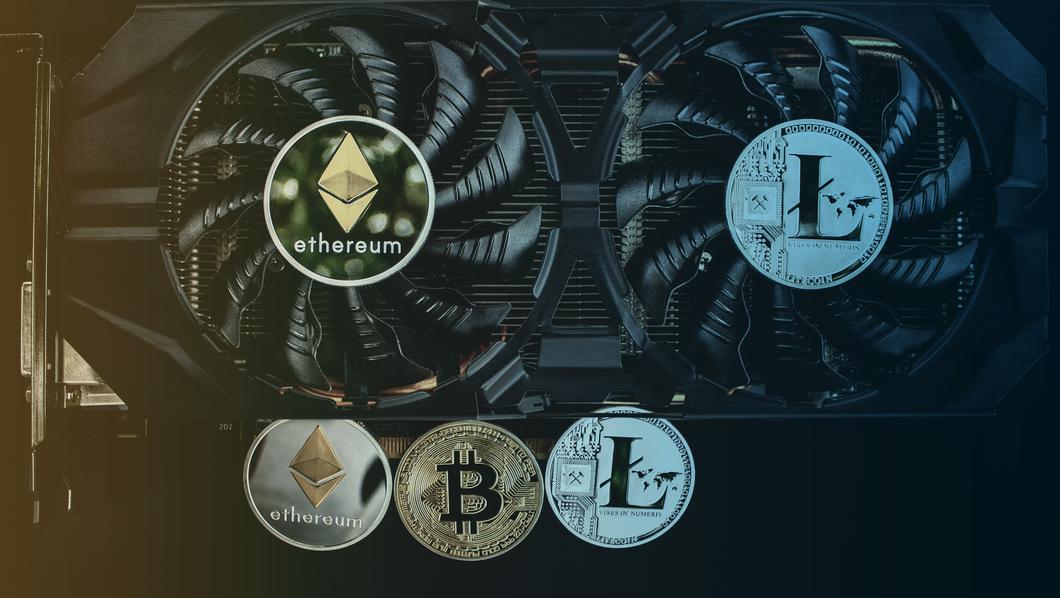CRS Crypto: How cryptocurrencies are changing current disclosure practices

Global transparency initiatives and intergovernmental cooperation have severely restricted tax havens and banking secrecy as we know them. Governments around the world no longer rely on taxpayers’ self-disclosure. Annually they exchange information on financial assets held abroad by local taxpayers.
Global transparency initiatives and intergovernmental cooperation have severely restricted tax havens and banking secrecy as we know them. Governments around the world no longer rely on taxpayers’ self-disclosure. Annually they exchange information on financial assets held abroad by local taxpayers.
However, the money hiding problem is far from over. The risk of a parallel financial system based on blockchain technology that can function without banks and other financial institutions is challenging regulatory systems.
Automatic disclosure practices like Foreign Account Tax Compliance Act (FATCA) and the Standard of Automatic Exchange of Financial Information in Tax Matters ( CRS ) were developed based on years of experience in financial services. Blockchain tech companies and cryptocurrencies are new, and regulators struggle to understand how they work. Will governments be able to enforce disclosure of cryptocurrency holders?
Cryptocurrencies are here to stay
The most powerful families in the world have started to invest in blockchain technology and claim to have a long-term view for their new cryptocurrency investments. For example, the Rockefeller family is considering investing in cryptocurrencies and has partnered with Coinfund, the cryptocurrency investor group, to support launch of blockchain-based start-ups.
Digital currencies are booming. Their market capitalisation exceeded US$260 billion in the first quarter of 2018, according to CoinMarketCap. Cryptocurrency is a digital currency that uses cryptography to make transactions secure. It is affordable and accessible to anyone in the world without the need to travel. All you need is internet access to become your own bank.
Governments must adapt
Christine Lagarde, managing director of the International Monetary Fund, has acknowledged the power of cryptocurrencies and warned that the technology will bring “massive disruptions”. She further warned the regulators and central banks to pay more attention to the blockchain technology. Yet the IMF itself is looking into how to use this technology to increase efficiency in financial systems and reduce the cost of the IMF’s own internal currency, named Special Drawing Right (SDR).
The international response to the cryptocurrency phenomena has been inconsistent.
The US is very strict in its approach. In the recent court case IRS v. Coinbase, the Bitcoin exchange was ordered to provide the taxpayer ID, name and transaction records for around 13,000 customers to the IRS.
Australia has ruled that the sale of Bitcoin or other cryptocurrencies gives rise to capital gains tax. Poland has announced that sale of Bitcoin is subject to a value-added tax of 23 per cent.
Switzerland is already incorporating blockchain transactions into its regulatory environment. The Swiss Financial Market Supervisory Authority (FINMA) has published regulations governing the use and trading of ICO (Initial Coin Offering) and cryptocurrency assets.
Although it is simple enough for governments to create regulations and impose taxes, the enforcement of new laws is the real challenge. The current system for automatic exchange of information between governments will not work to disclose crypto assets
How to enforce disclosure in decentralised system
FATCA and CRS disclosure mainly rely on banks disclosing customer assets held in bank accounts. In the crypto world bank accounts are wallets. A wallet can be set up in a few seconds and its owner does not need a banker to issue an account number. The wallet owner is her own banker.
Bank account owners rely on their bank to administer and manage their money. Cryptocurrency owners do not have to use financial intermediaries such as cryptocurrency exchanges to hold and trade in digital currency. Traders are even discouraged to use exchanges and are advised to immediately transfer crypto assets to private wallets.
The difference between a private wallet and cryptocurrency exchange is that an exchange is a financial intermediary or could be seen as one. A private wallet is a software program that uses private and public key to enable users to exchange currency securely on blockchain. Private wallets seem to be out of reach of governments and so practically outside of the law enforcement.
One of the reasons people use blockchain is because they lack confidence in central bodies holding their data. Centralised systems are easy to attack and open for abuse, as the recent Facebook case has shown. In a decentralised system trust is placed elsewhere, namely in public-key cryptography and a “consensus mechanism” that allows its users to determine the truth. It is anonymous in a way that only the owner of the wallet has access to the private key.
Since the first rule among the cryptocurrency traders is not to use a financial intermediary, it is expected that most of the traffic will happen outside of the exchanges. Governments and regulators who wish to encourage or enforce disclosure of cryptocurrencies cannot rely on financial intermediaries. If they cannot rely on financial intermediaries, the current system of disclosure cannot work. They must look elsewhere while developing regulations and framework for disclosure of assets.
Blockchain has an open and transparent architecture but it is new and far from having a robust regulatory framework. The challenge for the regulators is to keep up with the pace of innovation. Until then, it is extremely difficult to provide practical solutions and governance guidelines to the participants in the decentralised new world of cryptocurrencies.
If you’re further interested in cryptocurrency, read about cryptocurrency taxes in our blog post. If you're interested in seeing how we can help you, check out our AEoI services .

